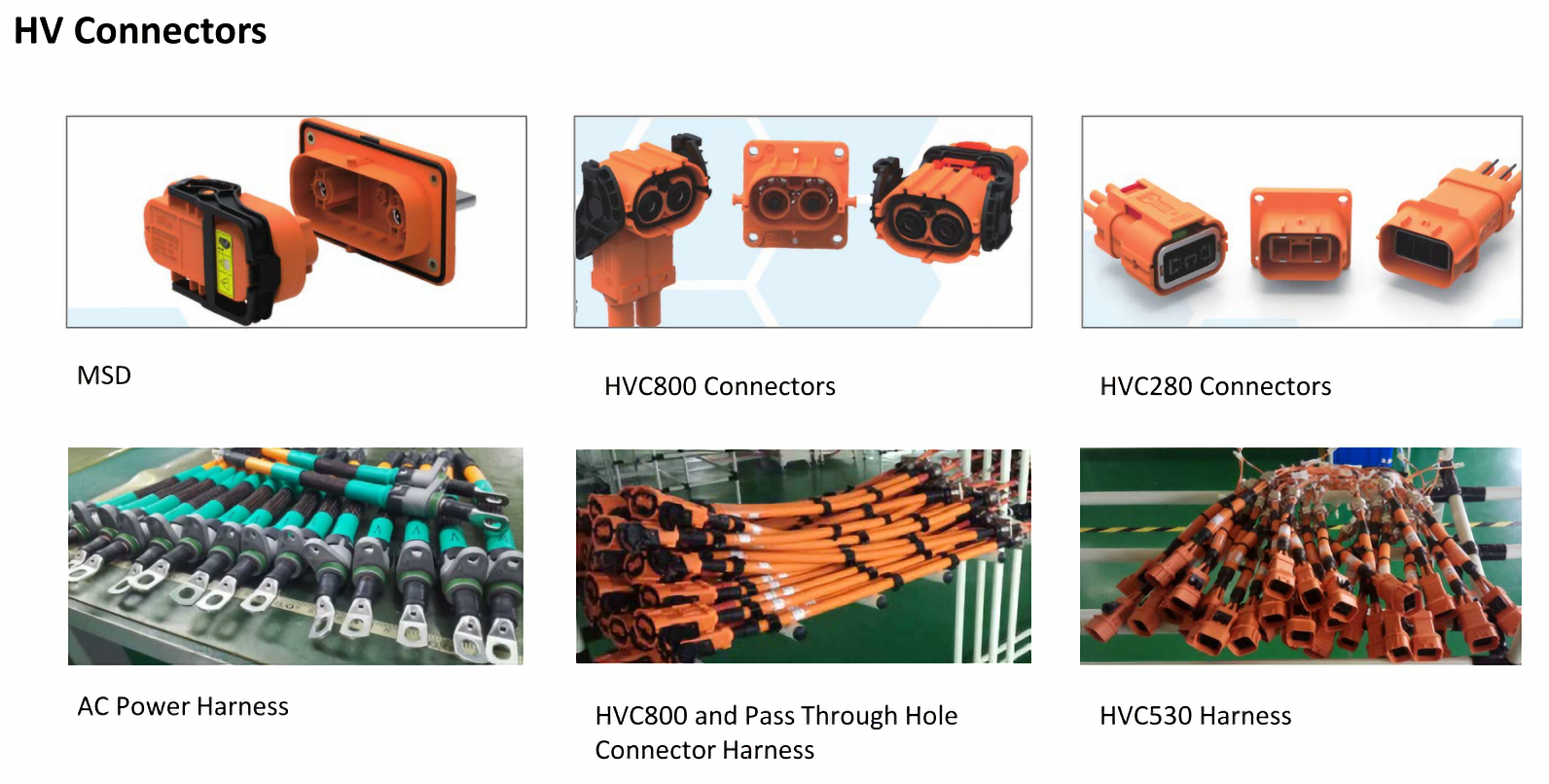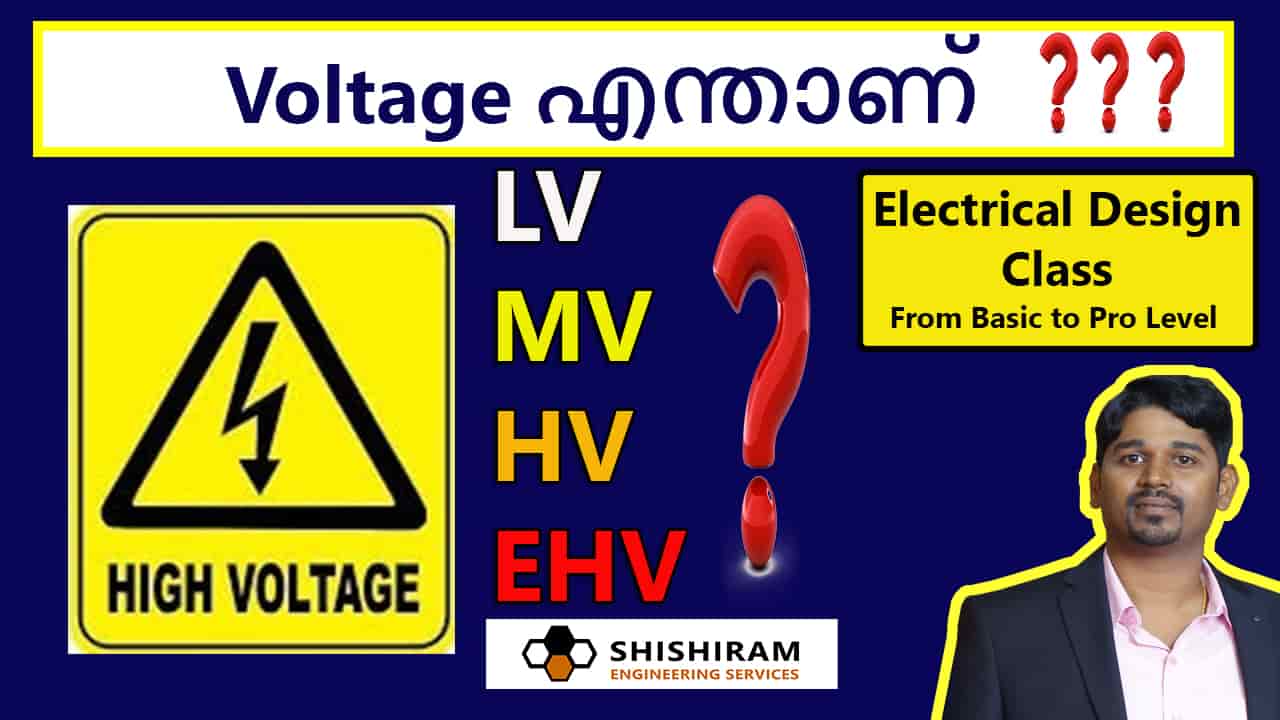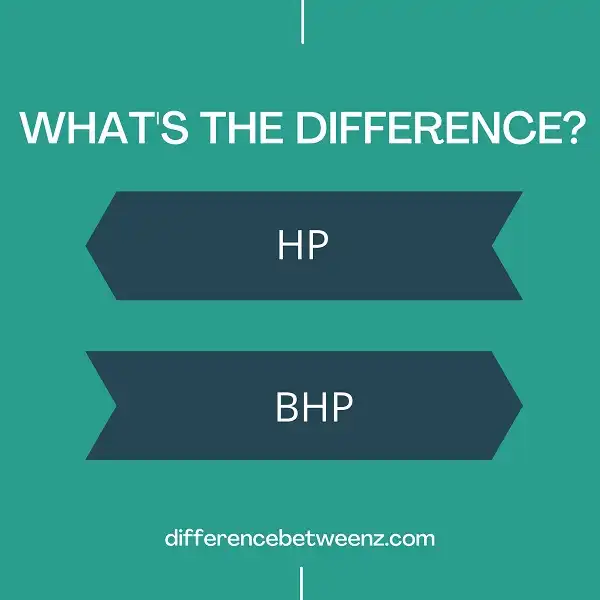Lessons I Learned From Tips About What Is HP Vs HV

HP vs HV
1. Horsepower vs. High Voltage
Ever found yourself scratching your head trying to decipher the difference between HP and HV? It's a common confusion, especially since these abbreviations pop up in totally different contexts. One's all about power — the kind that gets your car moving — and the other deals with the electrifying world of voltage. Let's break it down in a way that makes sense, even if you're not a gearhead or an electrical engineer.
Think of it this way: HP is like the muscle of a machine, while HV is the potential energy waiting to be unleashed in an electrical system. They both represent a type of power, but they operate in vastly different domains. We'll explore those domains and hopefully clear up any lingering ambiguity.
So, buckle up! We're about to embark on a journey to understand these terms and why they often get mixed up, even though they really shouldn't. Prepare for a touch of science, a sprinkle of everyday examples, and hopefully, a few "aha!" moments along the way. No need to panic if you haven't taken physics since high school — we'll keep it light and approachable.
The key difference lies in the field they belong to. Horsepower (HP) is a unit of power used to measure the rate at which work is done, commonly used in mechanical systems like engines and motors. On the other hand, High Voltage (HV) refers to a level of electrical potential energy, often found in power transmission and distribution systems. Knowing this fundamental distinction is the first step in avoiding confusion and understanding how these terms are applied in their respective fields.

What Exactly is Horsepower (HP)?
2. Digging into the Definition & Real-World Applications
Horsepower, or HP, is a unit of measurement for power, specifically the rate at which work is done. Originally conceived by James Watt in the late 18th century to compare the output of steam engines to the power of horses, it's essentially how fast a certain amount of work can be performed. Picture a horse steadily pulling a load — that's the image to keep in mind.
Think about your car's engine. When you see a car advertised with "300 HP," that means the engine can theoretically do 300 times the work a horse can do in the same amount of time. Of course, it's more complicated than that, but that's the basic idea. It's what allows your vehicle to accelerate, climb hills, and generally move you from point A to point B with some degree of speed and efficiency.
But it's not just cars! Horsepower is used to measure the power of all sorts of engines and motors — from lawnmowers and motorcycles to ships and airplanes. Even some industrial machinery utilizes horsepower as a key performance indicator. The higher the HP, the more work the machine can potentially perform in a given time.
Understanding horsepower means understanding its relationship to torque and RPM (revolutions per minute). Torque is the twisting force that makes the engine spin, and RPM is how fast it's spinning. Horsepower is calculated from these two values. A car with high torque might be good at towing, while a car with high horsepower and high RPM might be better at racing. It's all about the application.

HV Connectors Series
High Voltage (HV)
3. Unveiling the Power of Potential Difference
Now let's switch gears and talk about High Voltage, or HV. In the realm of electricity, voltage is the electrical potential difference between two points. It's the "push" that drives electrons through a circuit. High voltage simply means a large potential difference — a significant "push."
HV is most commonly encountered in power transmission lines. Utility companies use high voltage to efficiently transmit electricity over long distances. Why? Because at higher voltages, less current is needed to deliver the same amount of power, which reduces energy loss due to resistance in the wires. It's a trade-off, though, as high voltage also poses significant safety risks.
Think about those massive power lines you see stretching across the countryside. Those are carrying electricity at extremely high voltages — often hundreds of thousands of volts. That electricity is then stepped down through transformers before it reaches your home, where it's a much lower (and safer) voltage.
High voltage isn't just limited to power grids. It's also used in various industrial applications, medical equipment (like X-ray machines), and scientific research. It's a powerful tool, but one that demands respect and careful handling. Working with high voltage requires specialized training and safety precautions to prevent electrical shocks and other hazards.

Basic Electrical Engineering Voltage LV LT MV HV HT EHV
Why the Confusion? HP vs HV
4. Dissecting the Root of the Mix-Up
So, why do people sometimes get HP and HV mixed up? Honestly, it likely boils down to both being abbreviations containing the letter "H" and both relating to some form of "power." It's an easy mistake to make, especially if you're not familiar with the specific fields they represent.
Another reason for the confusion might stem from the fact that both horsepower and high voltage are used to describe the capabilities or capacity of systems to perform work or transfer energy. In a car, horsepower indicates the engine's ability to do work, while in an electrical grid, high voltage signifies the system's capacity to transmit large amounts of electrical energy. The common element of "power" can blur the lines for those unfamiliar with the specific terminology.
Furthermore, media representation might contribute to the confusion. We often see cars advertised with impressive horsepower figures, and we hear about the dangers of high-voltage power lines in news reports. Without a clear understanding of the underlying principles, it's easy to lump these terms together as general indicators of "powerful stuff."
Ultimately, the key to differentiating HP and HV is to remember their specific contexts. Horsepower is about mechanical power and the rate at which work is done, while high voltage is about electrical potential and the force driving electrons through a circuit. Keeping these distinct definitions in mind should help prevent future mix-ups.

Practical Examples to Cement Understanding
5. HP & HV in Action
Let's look at some everyday examples to further solidify our understanding of HP vs HV. Imagine you're choosing between two lawnmowers. One has a 5 HP engine, and the other has a 7 HP engine. The 7 HP mower will likely be more powerful and better suited for tackling thick grass or uneven terrain. It has the mechanical muscle to handle tougher tasks.
Now, picture a construction site where electricians are working on a new building. They're dealing with high-voltage electrical panels that require extreme caution. They need to ensure the power is switched off before performing any work to prevent potentially fatal electrical shocks. The high voltage represents the potential for a dangerous electrical discharge if safety protocols aren't followed.
Consider a powerful electric car. Its performance is described by both HP and HV. The horsepower determines its acceleration and top speed, while the high voltage battery system provides the electrical energy needed to power the motor. The combination of these two elements allows for impressive performance while reducing emissions.
Think about a wind turbine generating electricity. The turbine's blades capture wind energy and convert it into mechanical power, which is then used to turn a generator. The generator produces electricity at a certain voltage, which is then stepped up to a higher voltage for efficient transmission across the power grid. Horsepower is involved in the initial mechanical energy conversion, while high voltage is essential for the electrical transmission process.

FAQ
6. Addressing Common Queries About HP and HV
Q: Can you convert HP to HV or vice versa?A: No, you can't directly convert HP to HV or vice versa. They measure fundamentally different things. HP measures mechanical power, while HV describes the electrical potential difference. They're not interchangeable units.
Q: Is higher HP always better?A: Not necessarily. It depends on the application. For a sports car, higher HP might be desirable for acceleration and speed. But for a fuel-efficient city car, a lower HP engine might be more practical and economical. Consider the specific needs and intended use.
Q: What are the dangers of high voltage?A: High voltage can be extremely dangerous and even fatal. Contact with high voltage electricity can cause severe burns, muscle contractions, heart problems, and even death. It's crucial to always follow safety precautions and avoid contact with high-voltage equipment unless you are properly trained and authorized.